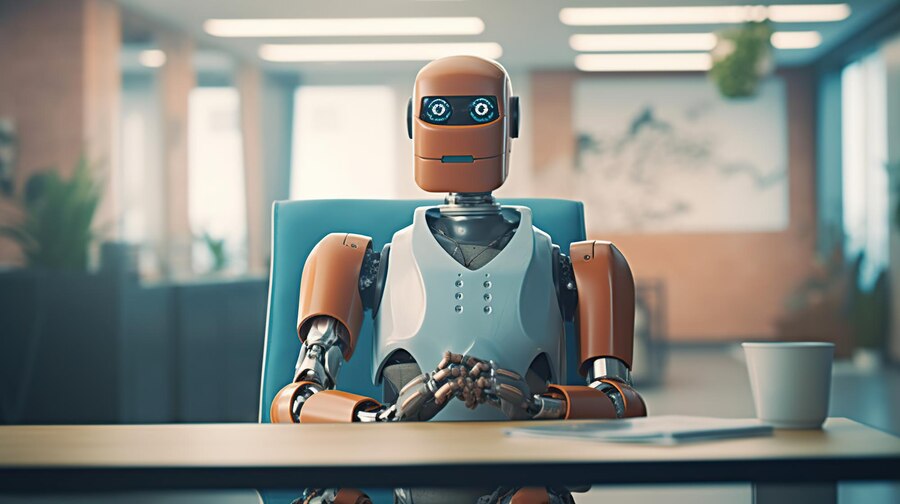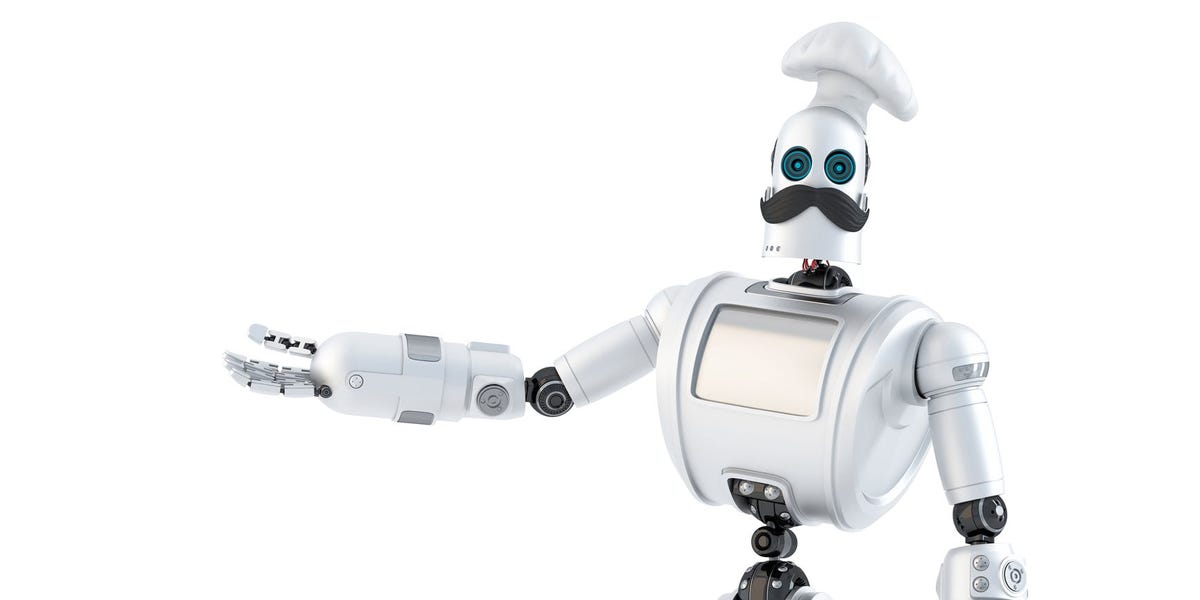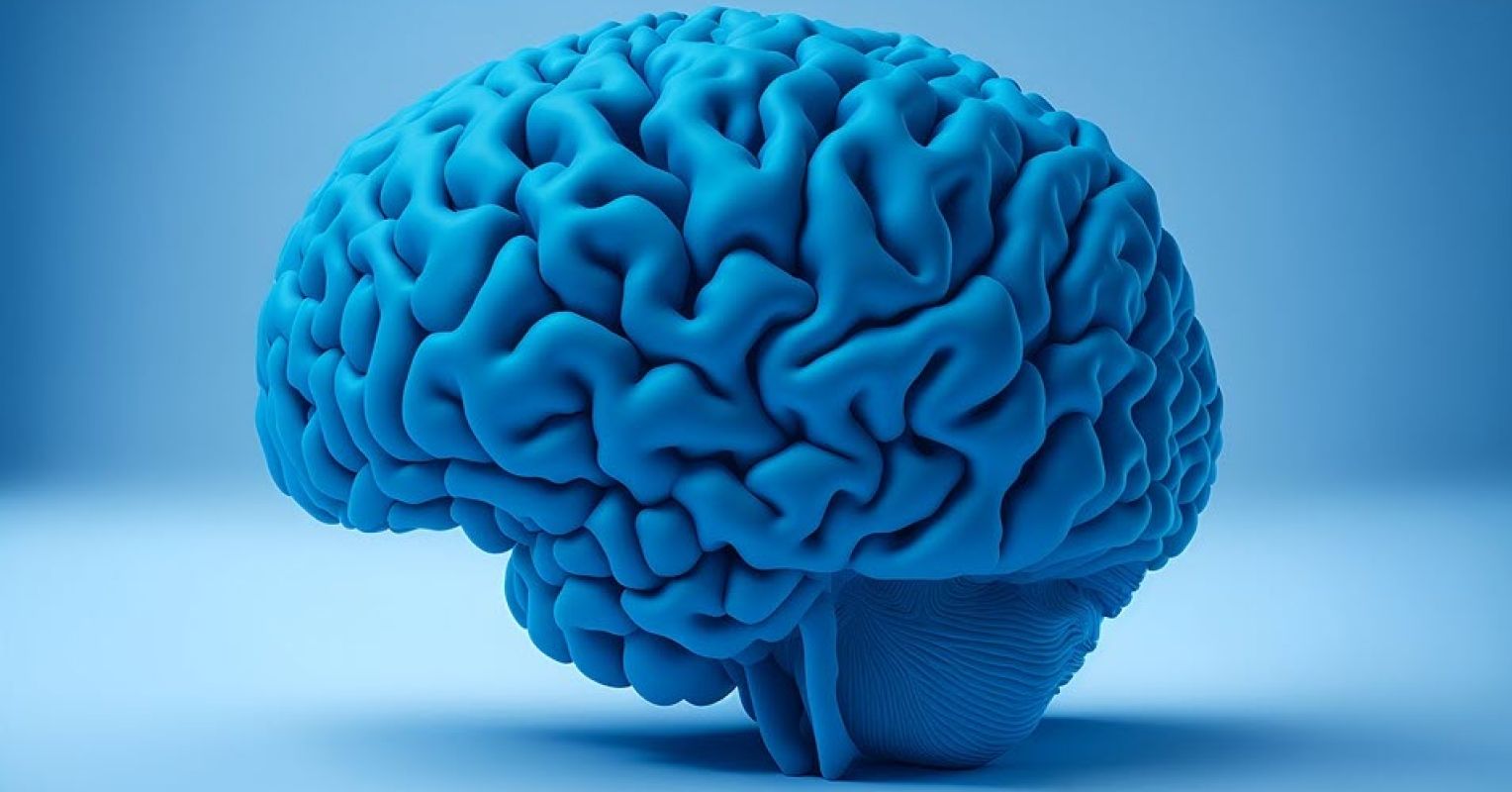Humans still possess distinct advantages over AI-powered robots, which could help safeguard their job prospects for the foreseeable future. The concern surrounding AI-driven robots displacing human workers has been a prevalent issue across various industries, especially given the rapid technological advancements in recent years. However, the latest research suggests that the majority of jobs still remain prohibitively expensive to automate using AI technology.
A recent study conducted by five researchers from the Massachusetts Institute of Technology, titled “Beyond AI Exposure,” delved into the feasibility of implementing AI systems to replace human labor in sectors reliant on computer vision skills, such as property appraisers, teachers, and bakers. Surprisingly, the study revealed that only about 23% of workers’ wages in these roles could be feasibly substituted by AI systems. The researchers projected that even with a 50% annual cost reduction, it would take until 2026 for AI to gain an economic edge in half of the vision-related tasks. Furthermore, they anticipate that by 2042, certain tasks will still favor human labor over computer vision technology.
Despite projections indicating a potential 40% automation rate by 2026, contingent on decreasing data costs and improving accuracy, the study underscores the significant time investment required for AI to surpass human labor cost-effectiveness. The study, funded by the MIT-IBM Watson AI Lab, meticulously examined 1,000 visually aided tasks across 800 occupations through online surveys. Presently, only 3% of these tasks can be economically automated, highlighting the current limitations of AI technology in replacing human workers.
The researchers elucidated various reasons why AI is unlikely to imminently replace human jobs. While AI excels at image analysis and pattern recognition, the high installation and maintenance costs associated with AI systems pose a considerable barrier. Moreover, challenges related to power consumption and implementation complexities further impede widespread AI adoption. Unlike humans, who leverage both conscious and subconscious thinking, AI is confined to statistical and symbolic reasoning, hindering its ability to replicate implicit knowledge, intuition, critical thinking, and emotional intelligence essential in many industries.
Although certain sectors like banking, marketing, healthcare, legal, retail, and transportation are poised for increased automation due to the repetitive nature of tasks, the study suggests that AI’s impact on the job market may be overstated. While advancements in AI accuracy and data efficiency could enhance automation potential, the irreplaceable human qualities of intuition and critical thinking currently limit AI’s ability to fully supplant human workers. Therefore, the apprehension surrounding widespread job displacement by AI may be premature, with human skills and expertise likely to remain indispensable in many industries.






